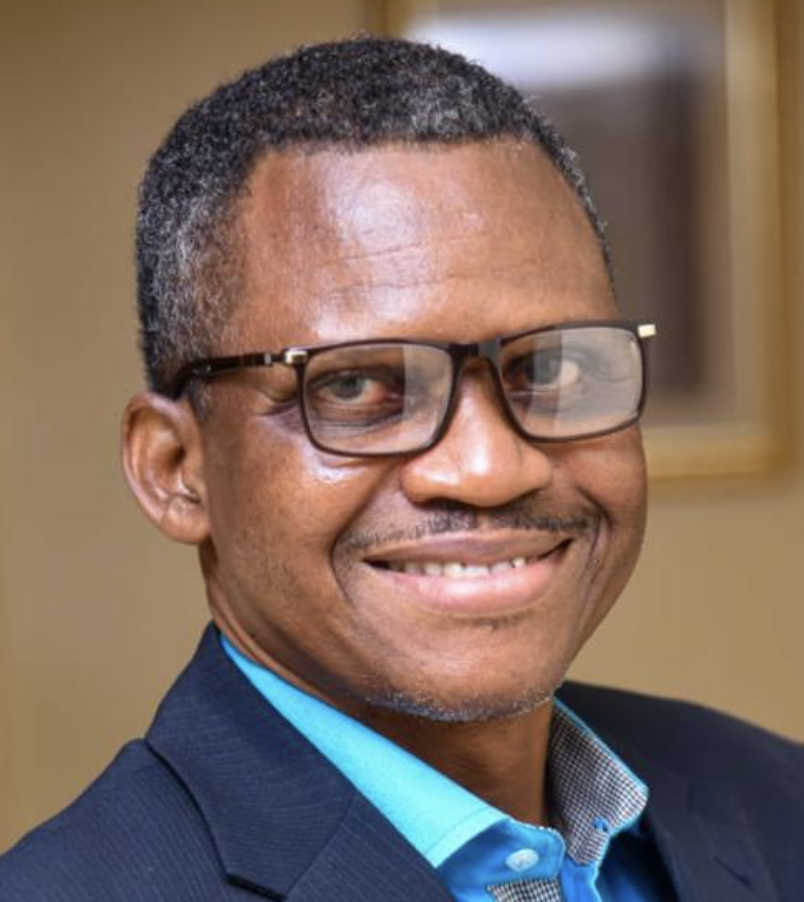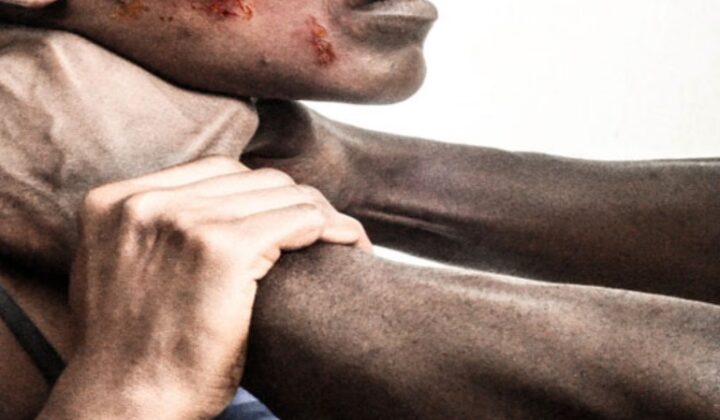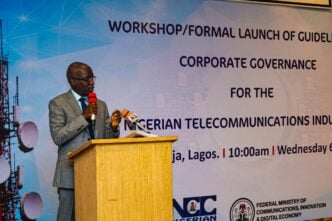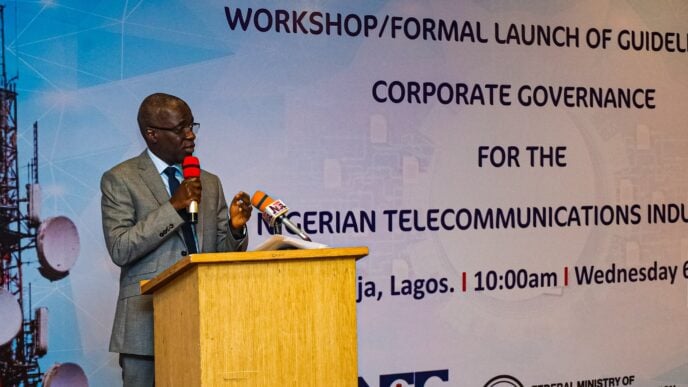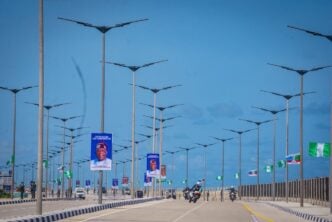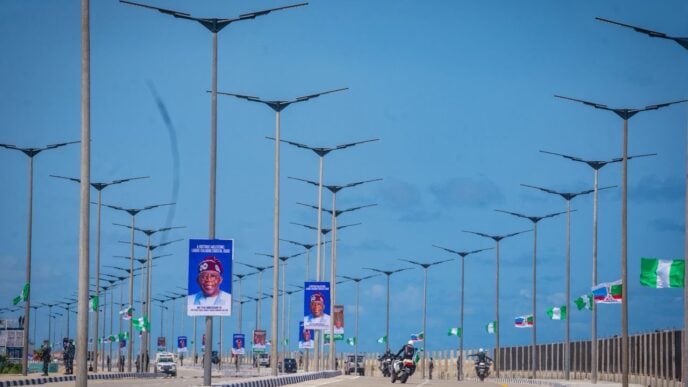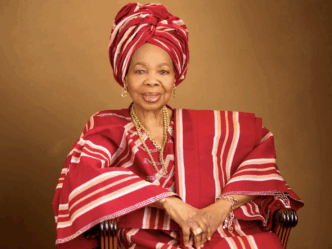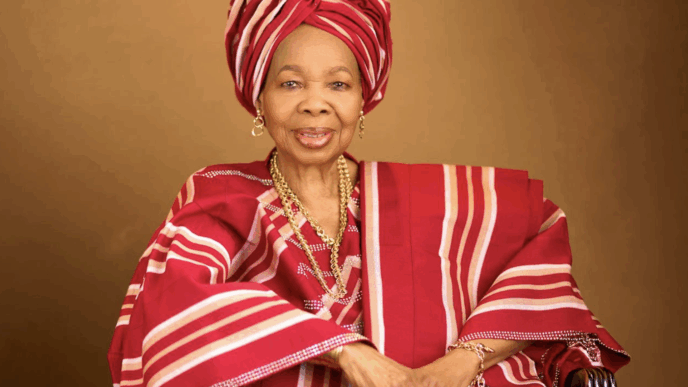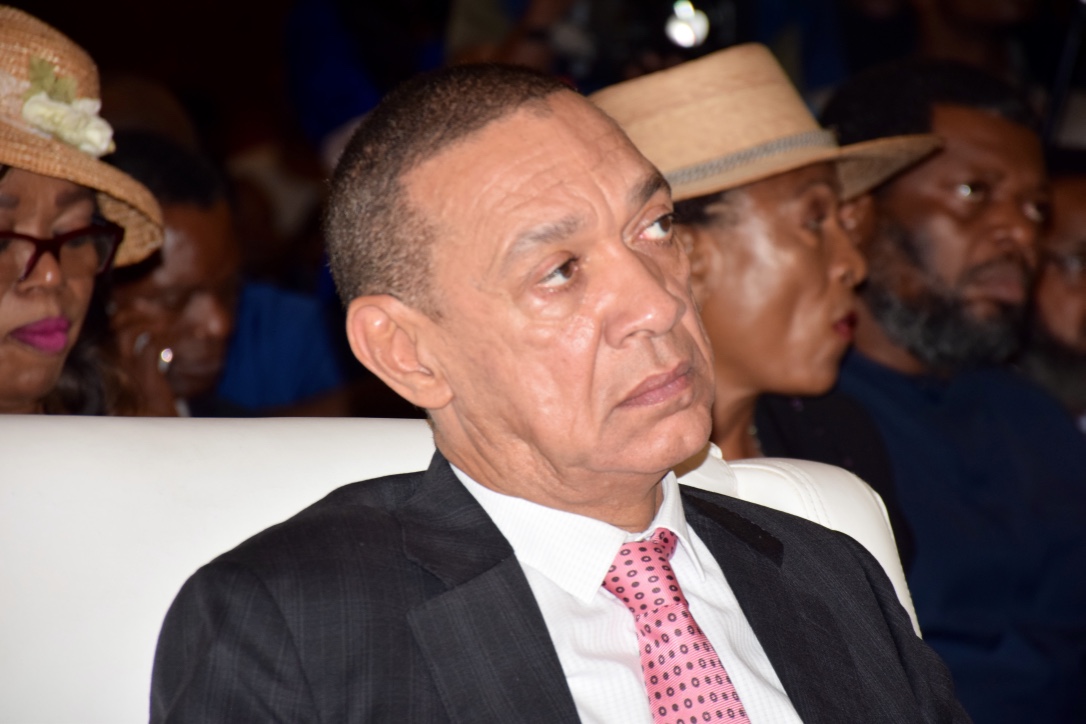A woman is sent to her early grave by her partner. Another is maimed or incapacitated. Yet another is left with emotional scars that may never heal. It is a crisis that thrives in silence, a wound that festers behind closed doors. It has no respect for social class, educational background, or religious affiliation. Domestic violence, which is often dismissed in our communities as a “family matter”, is in reality a grave violation of human rights and a public health emergency tearing at the fabric of our society.
The truth is that domestic violence is far more than a simple fight or a disagreement. It is a calculated, systematic pattern of behaviour in any relationship that is used to gain or maintain power and control over an intimate partner. The abuser intentionally uses fear, intimidation, and harm to dominate their victim. While men can also be victims, statistics overwhelmingly show that women and children are the primary targets of this abuse—an intentional choice made by the perpetrator, not a momentary loss of temper.
According to the Nigeria Demographic and Health Survey (NDHS), nearly one in three Nigerian women aged 15-49 has experienced physical violence. When emotional and sexual violence are included, the figures are even higher. What is perhaps more frightening is that these represent only the reported cases. For every survivor who speaks out, countless others suffer in silence, trapped by fear, shame, cultural stigma, or economic dependence. They are our sisters, mothers, daughters, and neighbours. The silence in our communities is deafening, and it is enabling the abuser.
Too often, the various forms of this abuse overlap, and they are generally designed to break the victim’s spirit. The most obvious of them is physical abuse, and it includes any act of violence intended to cause pain or injury. It ranges from slapping and punching to choking and attacks with weapons. No less destructive is emotional and psychological abuse. This is a sinister form that erodes a person’s sense of self-worth through constant criticism, insults, threats, and isolating the victim from family and friends. It can involve “gaslighting,” a form of manipulation that makes the victim question their own sanity.
Advertisement
An equally deeply limiting form of domestic violence is financial abuse. This is when the abuser controls all household finances, prevents the victim from working, or runs up debts in their name. The whole idea is to make economic escape an impossibility. Sadly, the digital age has added another layer: stalking and cyber-harassment! This is when the abusers use technology to monitor, intimidate, and control their partners.
The truth is that several interconnected factors contribute to the prevalence of domestic violence. The major driver of these is rooted in our longstanding patriarchal norms and gender inequality, which accentuate male dominance and treat women as lesser beings. A society that teaches the boys to be controlling and the girls to be totally submissive indirectly creates an environment for abuse. This is usually worsened by the cycle of violence, as many abusers were themselves victims of or witnesses to violence in their childhood. This turns trauma into a learned, normalised way of resolving conflict. Although not a cause in itself, substance abuse has been strongly linked to domestic violence, just as alcohol and drugs can lower self-restraint and increase the frequency and severity of attacks. Furthermore, when perpetrators believe they can act with impunity and get away with it, the abuse is more likely to continue and even intensify.
Unfortunately, the ripple effect of domestic violence extends far beyond the immediate victim. Family relationships are messed up, and the entire society is weakened. For the victim, the consequences are not just profound; they are long-lasting. And this can range from physical injuries, chronic pain, and disabilities to severe mental and emotional trauma, which can include depression, anxiety, post-traumatic stress disorder, and sadly, the taking of one’s life.
Advertisement
What is worse, children who grow up witnessing domestic violence are essentially being abused themselves. They suffer from behavioural problems, emotional trauma, and poor academic performance, and they are at a tragically higher risk of becoming either victims or perpetrators of violence in their adult lives, thus perpetuating the cycle. The societal cost is usually immense and manifests as increased healthcare expenses, a strained justice system, loss of economic productivity, and the erosion of the family unit, the bedrock of society.
While supporting survivors is important, there is also a need to focus on preventing the violence before it even happens. And this requires a foundational shift in our cultural attitudes and beliefs. We must deliberately educate the next generation by introducing comprehensive education on gender equality, healthy relationships, and consent into our school curricula from a very young age. This necessarily involves raising a generation of boys who respect women and girls who know their worth. And we need to engage men and boys as allies in this fight by promoting positive masculinity and encouraging them to speak out against violence in their various groups. Civil society organisations, media and government at every level must launch sustained public awareness campaigns to challenge harmful stereotypes and make it clear that domestic violence is a crime, not a private matter.
We must ensure that existing laws are strengthened and enforced. The Violence Against Persons (Prohibition) Act of 2015, the VAPP Act, is a landmark piece of legislation that we should push for its domestication and full implementation in all the states of the federation and Abuja. We must demand that our police, judiciary, and social services are trained to enforce this law effectively and sensitively and ensure restraining orders are honoured and perpetrators held accountable.
Then, we must drastically increase support for survivors and ensure that more well-funded shelters where survivors and their children can find safety are provided. Access to professional counselling, economic empowerment programmes, and free legal aid is equally essential in helping survivors rebuild their lives and achieve true independence.
Advertisement
What is more, we must cultivate a sense of community responsibility. Family and community elders, religious leaders, and neighbours must accept the duty of intervening and reporting domestic violence because they are mandated reporters: “See something, say something.”
Domestic violence is not just a stain on our collective conscience; it is a barrier to national development and a betrayal of our shared humanity. We can no longer continue to whisper in hushed tones while our loved ones, neighbours, and people we come in contact with suffer untold harm in the hands of those who should love and protect them. Let us break the silence, challenge the culture of impunity, and work together to build a future where every home is a sanctuary of peace, starting from this month—Domestic Violence Awareness Month.
Above all, anyone under the yoke of domestic violence should seek help and find the courage to remove his or her neck from that yoke, where necessary. As the saying goes, “The covenant of life supersedes the covenant of marriage.”
Call the Lagos State Domestic and Sexual Violence Agency (DSVA) on 0800 033 3333 for help if you are in Lagos.
Advertisement
Ojenagbon, a health communication expert and certified management trainer and consultant, lives in Lagos.
Advertisement
Views expressed by contributors are strictly personal and not of TheCable.
